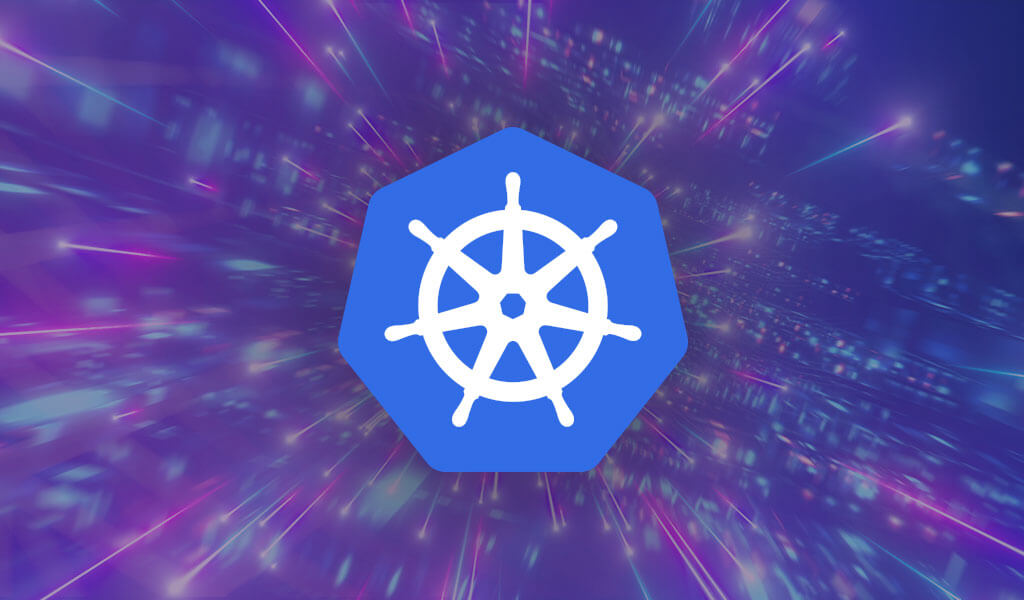Understanding Kubernetes
In the rapidly evolving landscape of software development, containerization has emerged as a game-changer. Containers, with their ability to encapsulate applications and their dependencies, offer portability, scalability, and consistency across different environments. However, managing these containers at scale can be a complex task. This is where Kubernetes, an open-source container orchestration platform, steps in to streamline and automate the deployment, scaling, and management of containerized applications within a DevOps framework.

Understanding Kubernetes in DevOps
What is Kubernetes?
Kubernetes, often abbreviated as K8s (K-8 letters between ‘K’ and ‘s’), was developed by Google and later handed over to the Cloud Native Computing Foundation (CNCF). It acts as an orchestrator, providing a platform for automating the deployment, scaling, and management of containerized applications. Kubernetes simplifies the complexities of managing containers by allowing users to define how containers should run and interact with each other.
Role of Kubernetes in DevOps
In a DevOps environment, where collaboration and automation are key, Kubernetes plays a pivotal role in enhancing the software development lifecycle. Here’s how Kubernetes integrates within DevOps practices:
1. Container Orchestration
Kubernetes excels in managing containerized applications. It orchestrates containers across a cluster of nodes, ensuring efficient resource utilization and maintaining the desired state of applications. This orchestration capability enables DevOps teams to deploy and scale applications seamlessly, ensuring high availability without manual intervention.
2. Automation and CI/CD
In DevOps, automation is crucial for achieving agility and speed in software development. Kubernetes facilitates automated deployment and scaling through its declarative configuration approach. Integration with CI/CD pipelines enables developers to efficiently build, test, and deploy applications onto Kubernetes clusters, streamlining the release process.
3. Scalability and Resilience
Scalability is a cornerstone of modern applications, and Kubernetes offers robust scalability features. It dynamically scales applications based on resource demands, ensuring optimal performance. Moreover, Kubernetes enhances the resilience of applications by automatically handling node failures, redistributing workloads, and maintaining application availability.
5. Infrastructure as Code (IaC)
Embracing Infrastructure as Code is a fundamental DevOps practice. Kubernetes manifests, written in YAML or JSON, define the desired state of applications, configurations, and resources. This approach allows for version control, easy replication, and consistent environments across development, testing, and production.
Conclusion:
In the DevOps landscape, Kubernetes has emerged as a cornerstone for managing containerized workloads efficiently. Its role in orchestrating containers extends beyond simplifying deployment; it fosters agility, scalability, and automation throughout the software development lifecycle. By leveraging Kubernetes’ capabilities, DevOps teams can streamline operations, accelerate development cycles, and deliver robust, resilient applications to meet the demands of today’s dynamic business environments.
As containerization continues to revolutionize software deployment, Kubernetes stands as a powerful ally, enabling DevOps practitioners to navigate the complexities of modern application management effectively.
Understanding Kubernetes’ role in orchestrating containers within DevOps is crucial for organizations aiming to harness the full potential of container technology while maintaining agility and efficiency in their software development processes.
Author:
Team DevOpsGroup


